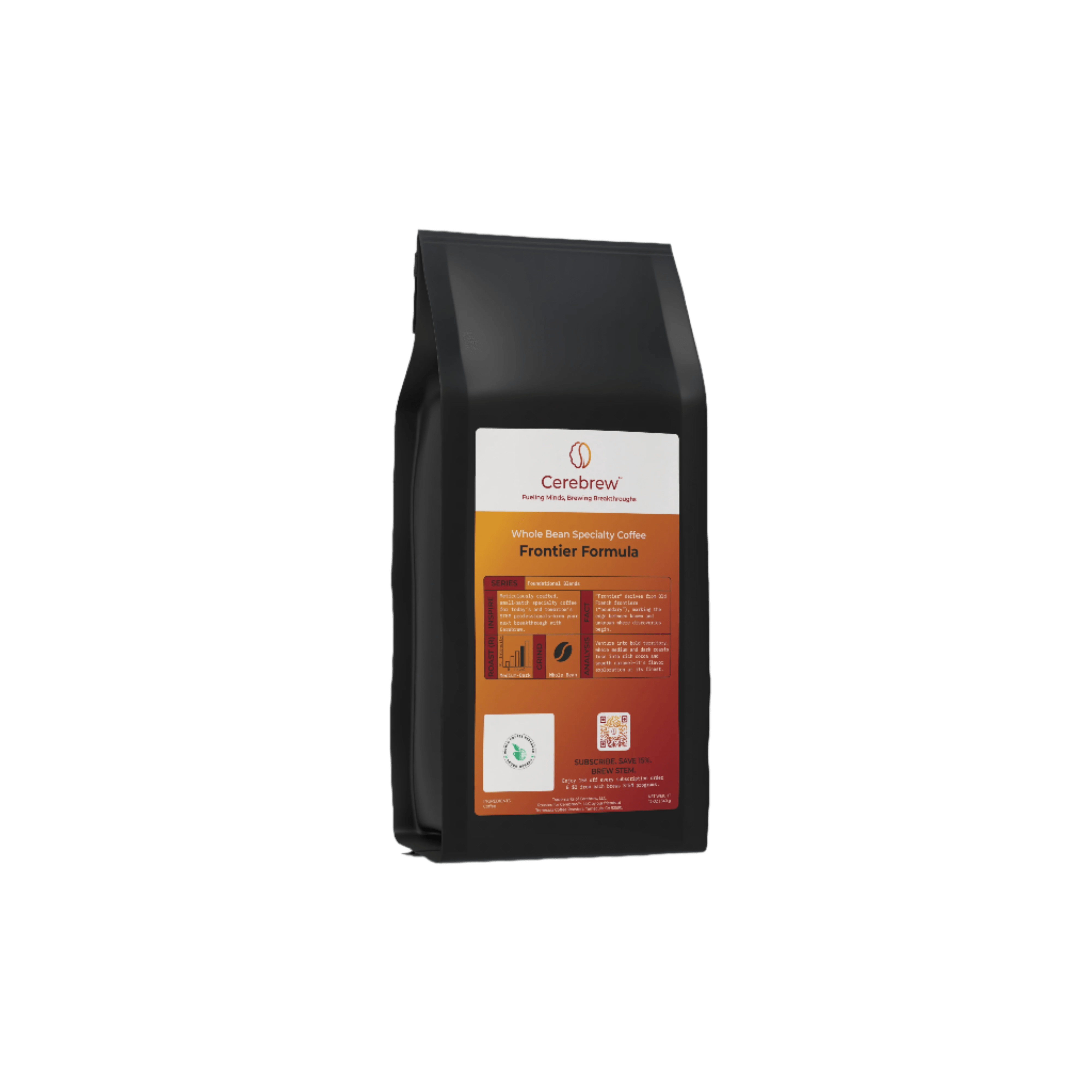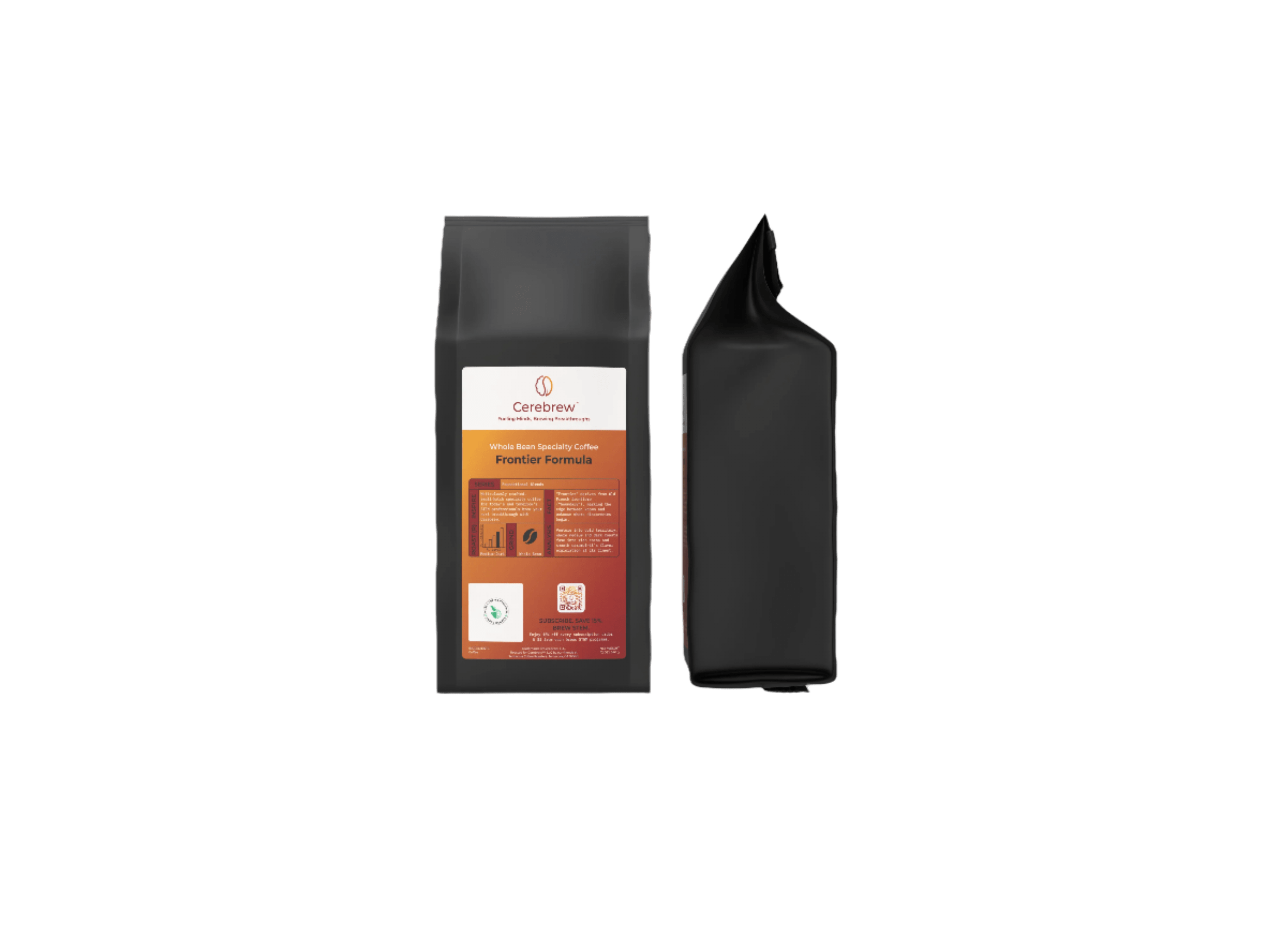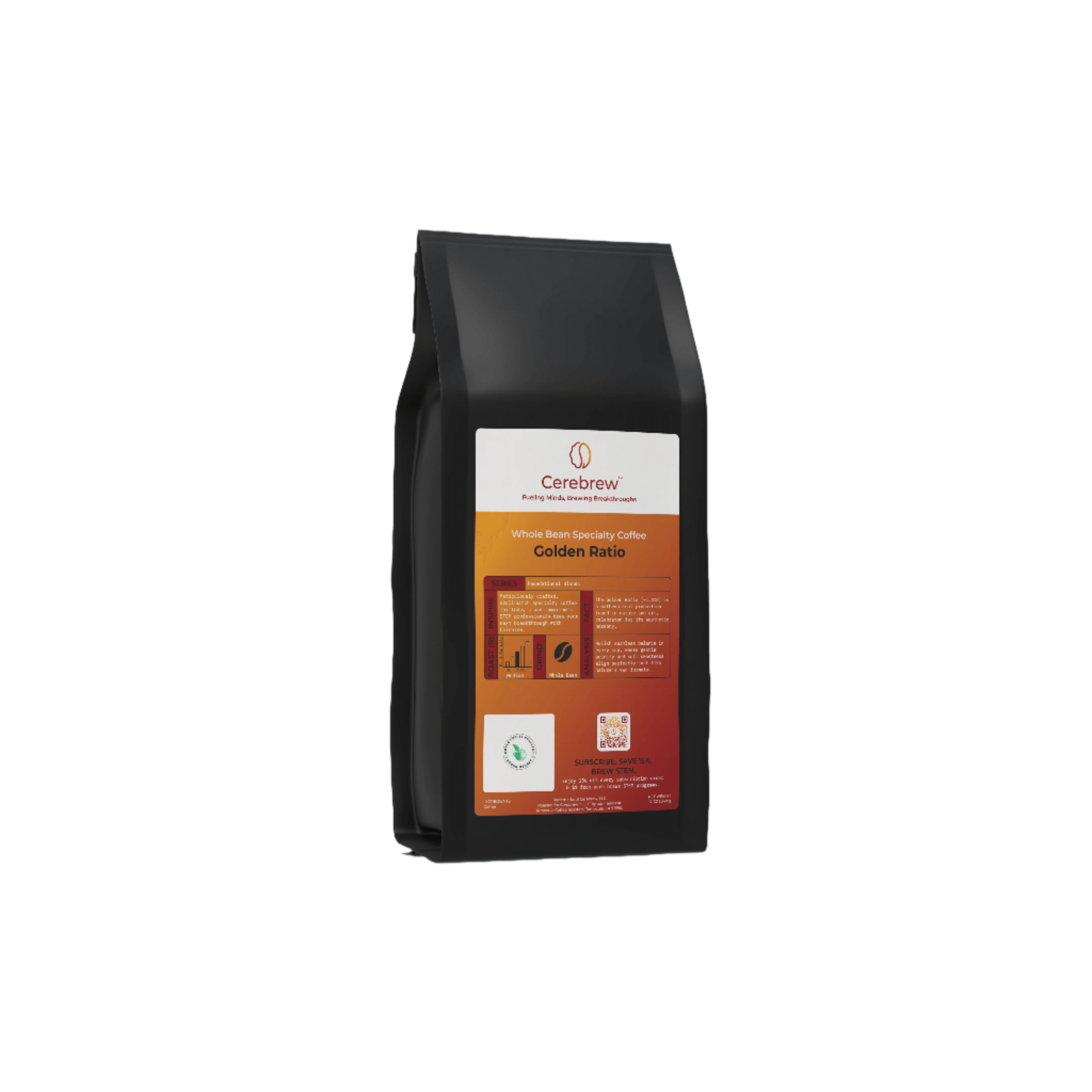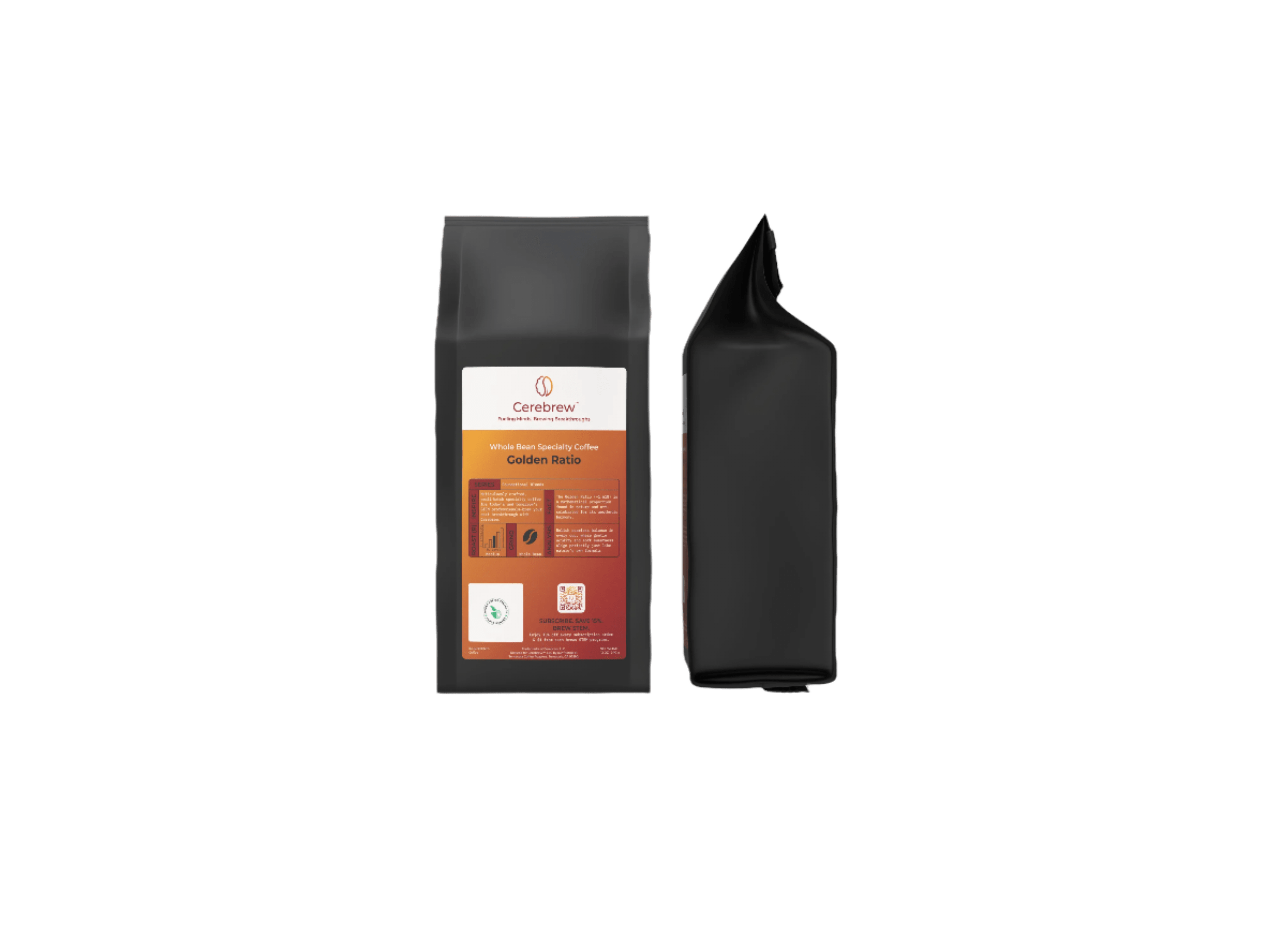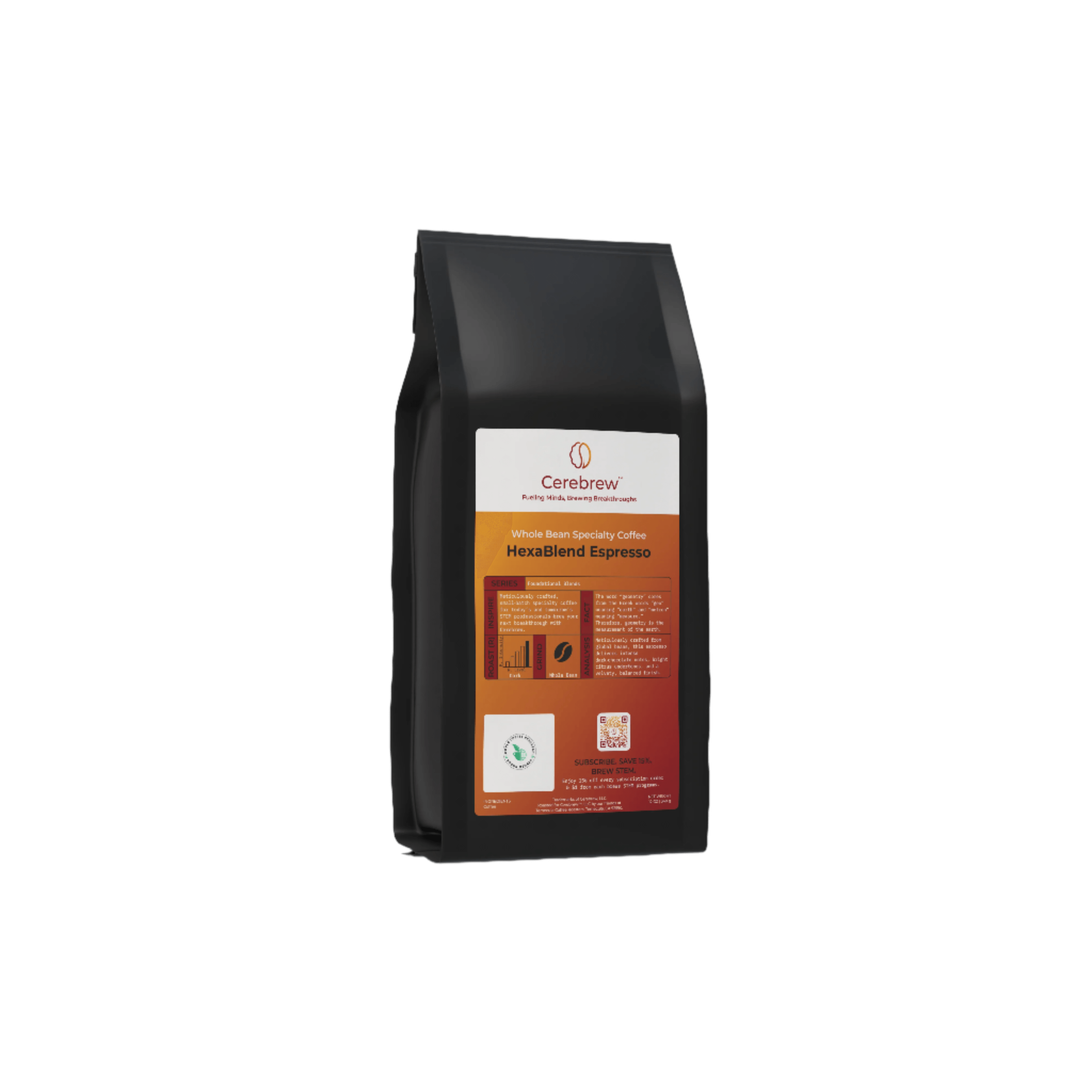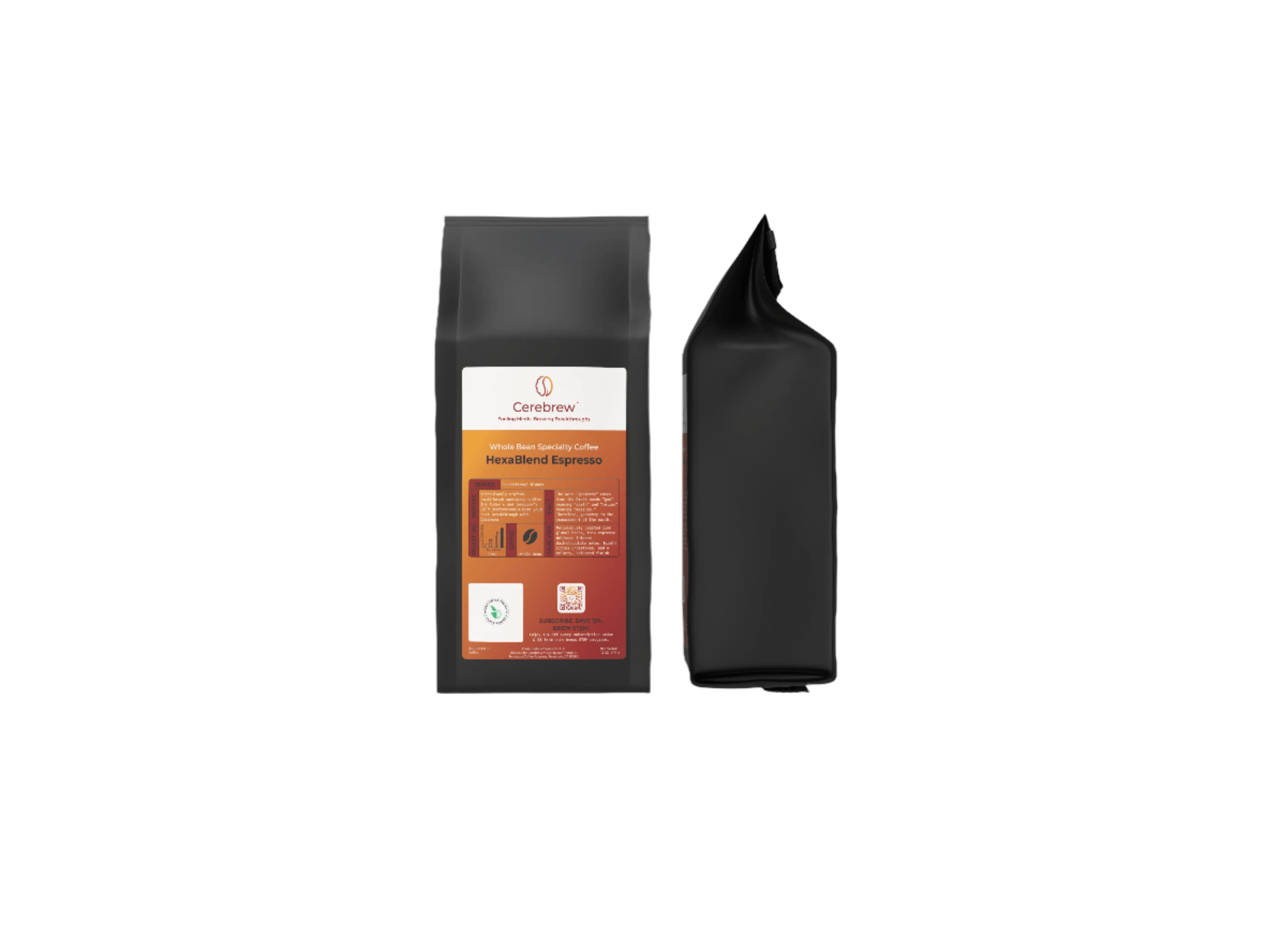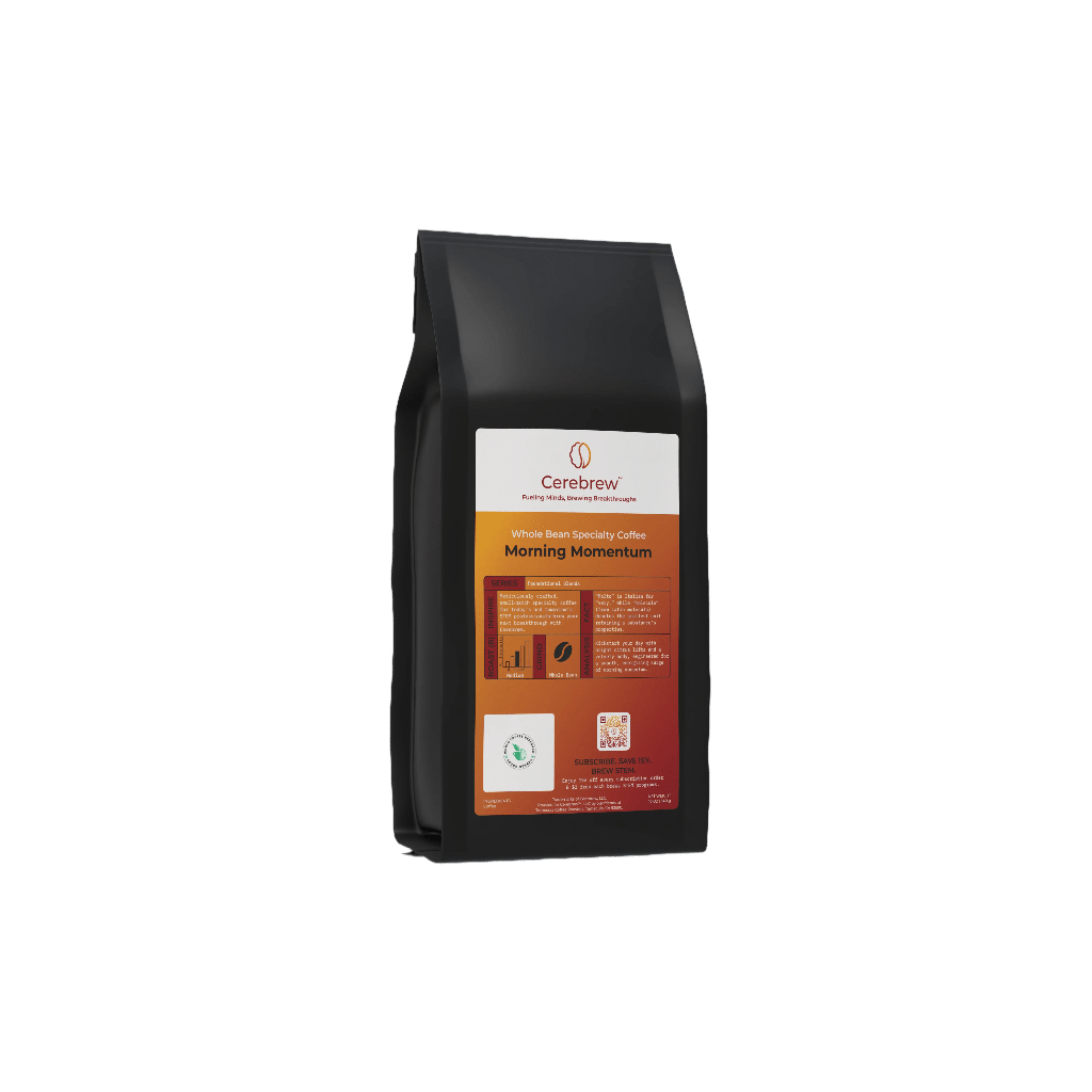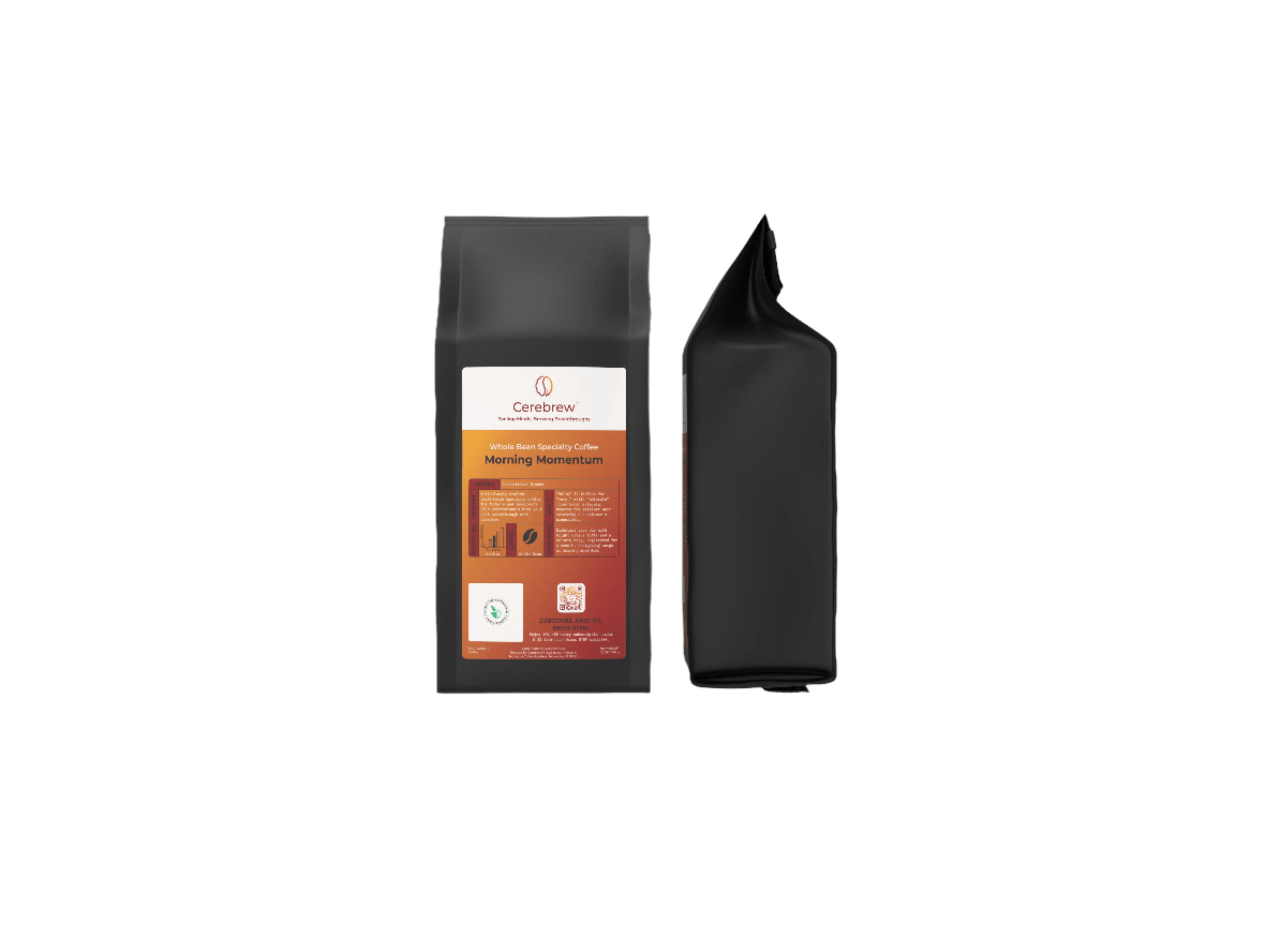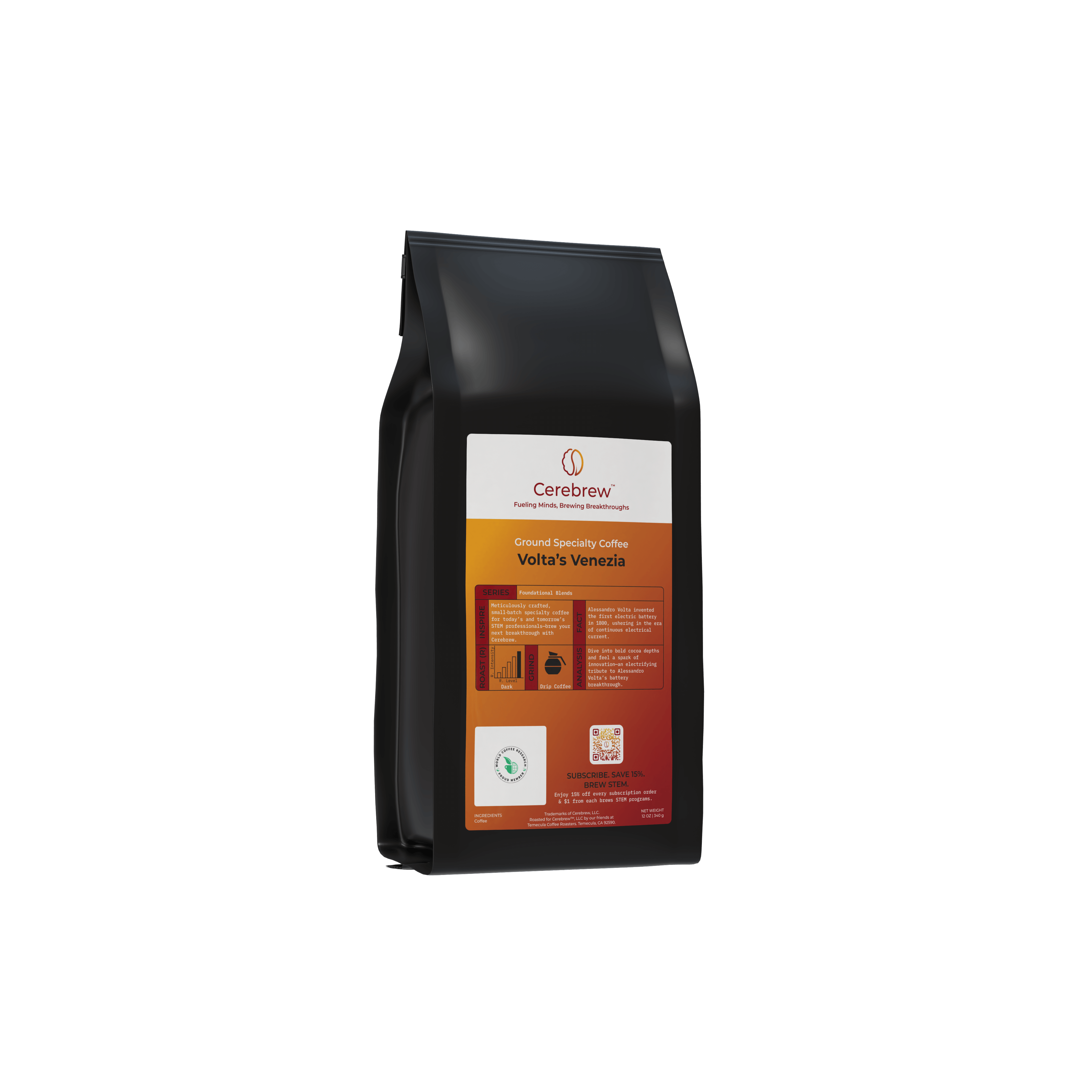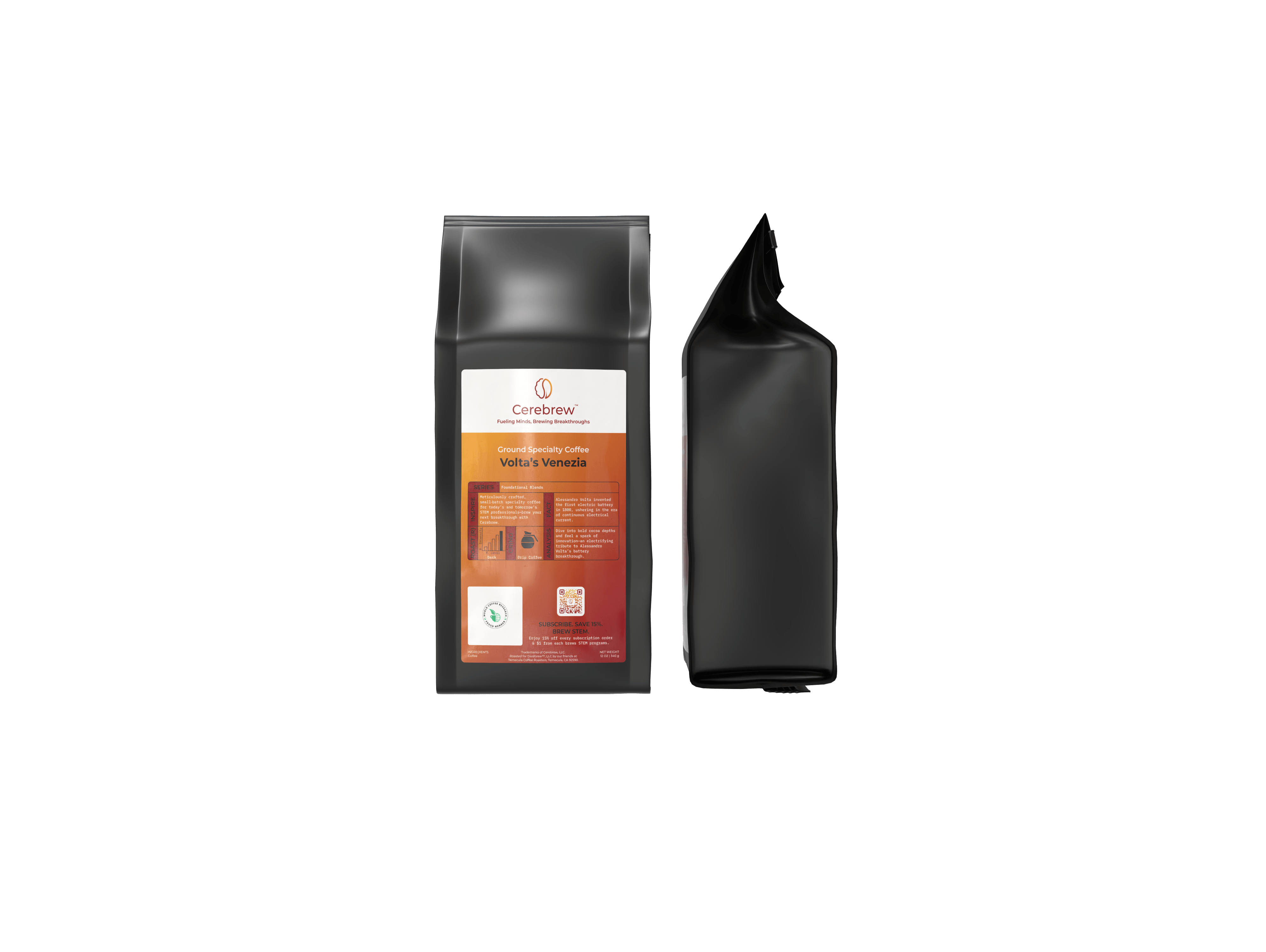Exploring Coffee's Role in Relieving Constipation
Constipation is a common issue that affects many people, causing discomfort and frustration. Among various home remedies, coffee often comes up as a potential solution. But can coffee truly help with constipation, and if so, how? This article delves into the science behind coffee's effect on bowel movements and its potential benefits for gut health.
Understanding Constipation
Before exploring coffee's role, it's essential to understand what constipation entails. Constipation is characterized by infrequent bowel movements or difficulty passing stools. Several factors can cause it, including diet, lifestyle, and certain medical conditions.
Common Causes of Constipation
- Dietary Habits: Low fiber intake and inadequate hydration can lead to constipation.
- Lifestyle Factors: Lack of physical activity often contributes to irregular bowel movements.
- Medical Conditions: Conditions like irritable bowel syndrome (IBS) can cause chronic constipation.
Can Coffee Help with Constipation?
Many people swear by their morning cup of coffee as a natural way to stimulate bowel movements. But what is it about coffee that seems to have this effect?
The Role of Caffeine
Caffeine, a natural stimulant found in coffee, plays a significant role in promoting bowel movements. When you consume caffeine, it stimulates the central nervous system, which can increase colon activity and lead to a bowel movement. This effect is known as the "gastrocolic reflex," a physiological response that signals the colon to contract after eating or drinking.
Coffee as a Laxative
Research suggests that coffee can act as a mild laxative for some individuals. This effect is not solely due to caffeine, as even decaffeinated coffee has been shown to stimulate bowel movements, albeit to a lesser extent. It is believed that other compounds in coffee, such as chlorogenic acids, may contribute to its bowel-stimulating effects.
The Science Behind Coffee and Gut Health
Beyond its potential to relieve constipation, coffee may offer benefits for overall gut health. Let's explore some of the ways coffee can support a healthy digestive system.
Coffee and Gut Bacteria
Recent studies indicate that coffee consumption can positively influence the gut microbiota, the community of microorganisms living in the digestive tract. A healthy gut microbiota is crucial for digestion, nutrient absorption, and immune function. Coffee contains polyphenols, which have prebiotic properties that may promote the growth of beneficial gut bacteria.
Coffee and Digestive Enzymes
Coffee has been found to stimulate the production of digestive enzymes, which aid in breaking down food and absorbing nutrients. This increased enzyme activity can enhance digestion and potentially alleviate symptoms of constipation.
Potential Downsides of Using Coffee for Constipation
While coffee can help some people with constipation, it's not a one-size-fits-all solution. Here are a few potential downsides to consider:
Dehydration
Caffeine is a diuretic, meaning it can increase urine production and lead to dehydration if not consumed in moderation. Dehydration can exacerbate constipation, so it's essential to balance coffee intake with adequate hydration.
Increased Acidity
Coffee is acidic, which can irritate the stomach lining and exacerbate symptoms for individuals with acid reflux or sensitive stomachs. If you experience discomfort after drinking coffee, it might not be the best option for relieving constipation.
Dependency and Tolerance
Regular consumption of coffee can lead to caffeine dependency, where the body becomes reliant on caffeine for bowel movements. Over time, tolerance may develop, reducing coffee's effectiveness as a laxative.
Best Practices for Using Coffee to Relieve Constipation
If you decide to use coffee as a remedy for constipation, here are some best practices to follow:
Moderation is Key
Consume coffee in moderation to avoid potential side effects like dehydration and increased acidity. One to two cups a day is generally considered a safe amount for most people.
Stay Hydrated
Ensure you're drinking enouh water throughout the day to stay hydrated. This will help counteract coffee's diuretic effects and support regular bowel movements.
Listen to Your Body
Pay attention to how your body responds to coffee. If you experience negative side effects or find that it doesn't help with constipation, consider exploring other remedies.
Alternative Remedies for Constipation
If coffee isn't effective or suitable for you, consider these alternative remedies for relieving constipation:
- Increase Fiber Intake: Consume more fruits, vegetables, whole grains, and legumes to boost fiber intake.
- Stay Active: Regular physical activity can stimulate digestion and promote regular bowel movements.
- Hydrate: Drink plenty of water throughout the day to keep stools soft and easy to pass.
- Probiotics: Incorporate probiotic-rich foods like yogurt, kefir, and sauerkraut to support a healthy gut microbiota.
Conclusion
Coffee can be a helpful remedy for constipation for some individuals, thanks to its stimulating effects on the digestive system. However, it's important to consume it in moderation and be mindful of its potential downsides. By understanding how coffee affects your body and exploring alternative remedies, you can find the best solution for maintaining regular bowel movements and supporting gut health.










